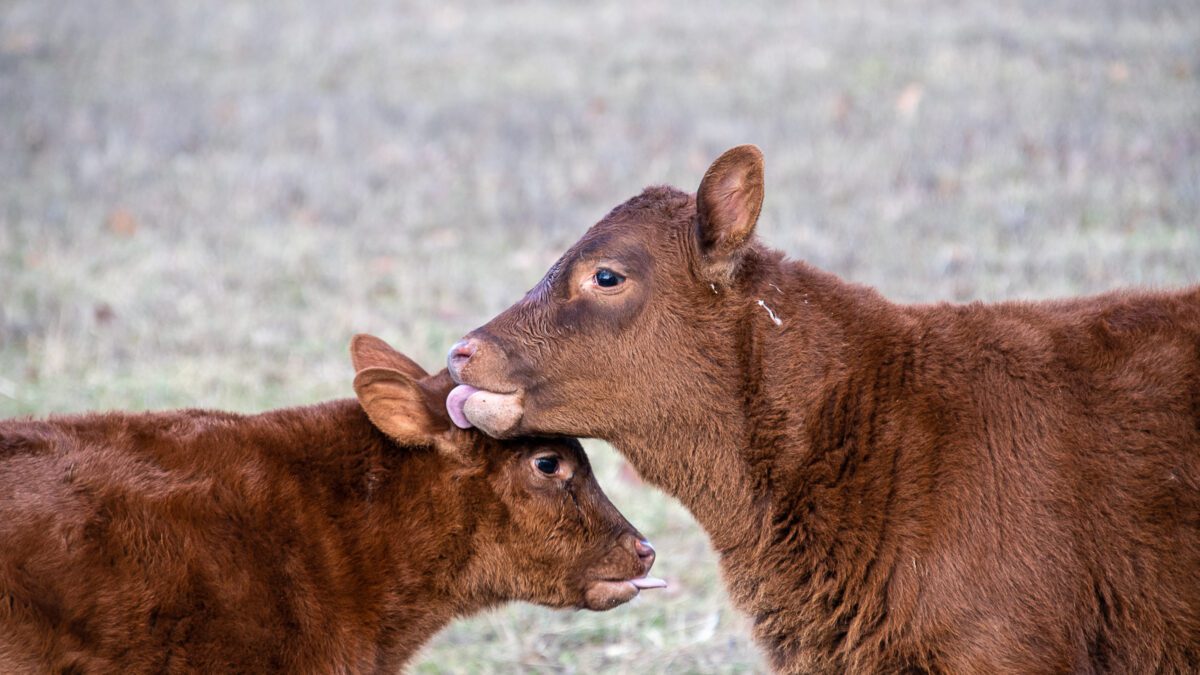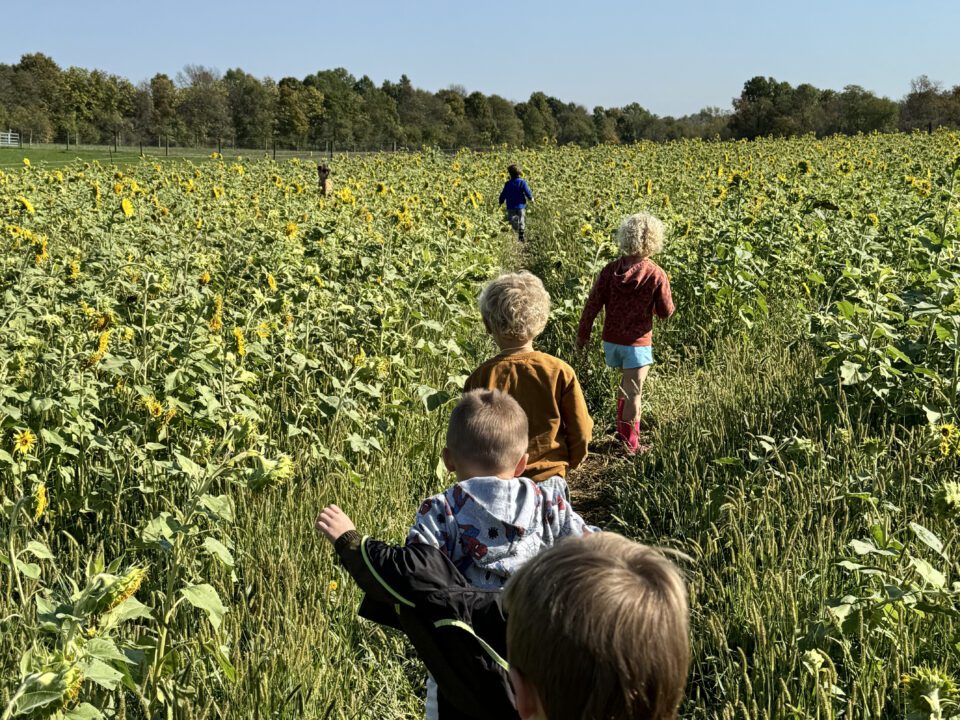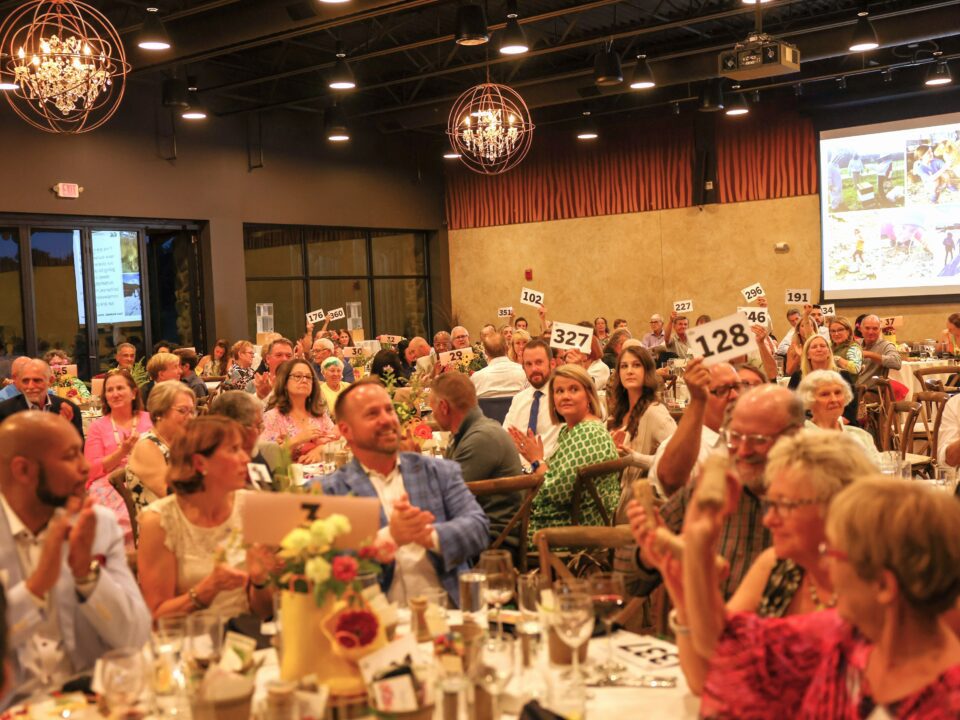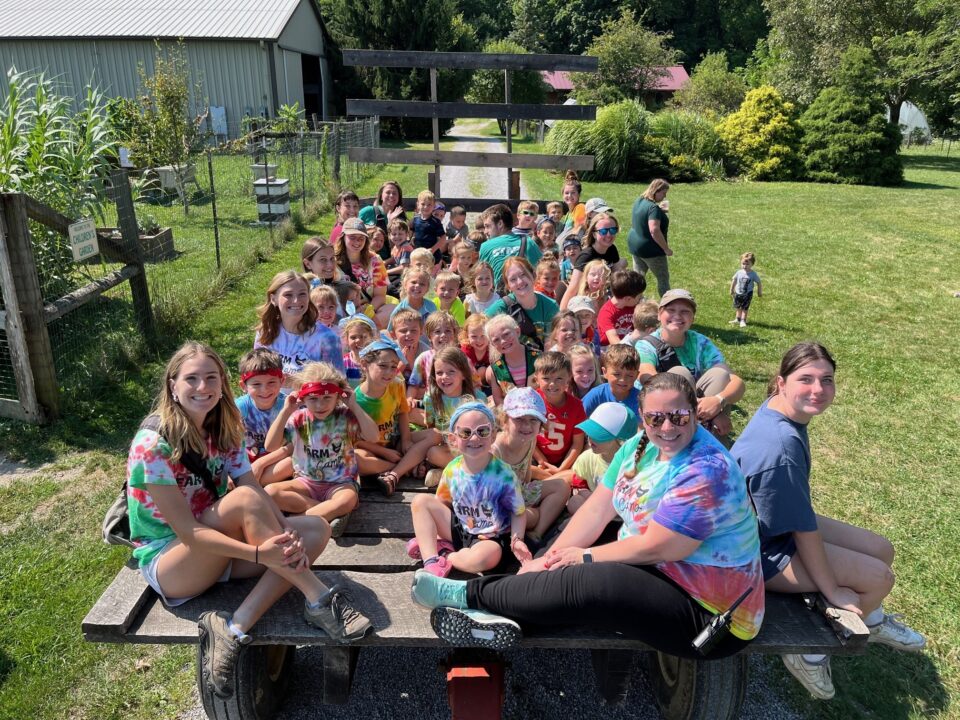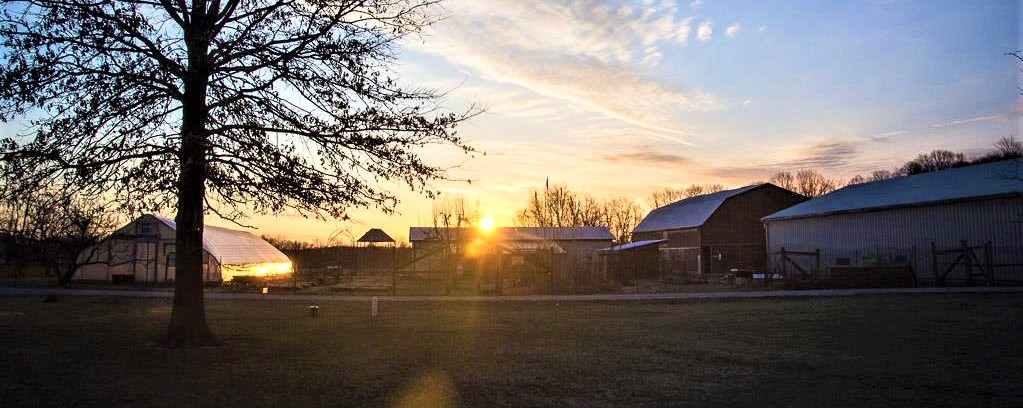
Beware of the Bull
July 2, 2011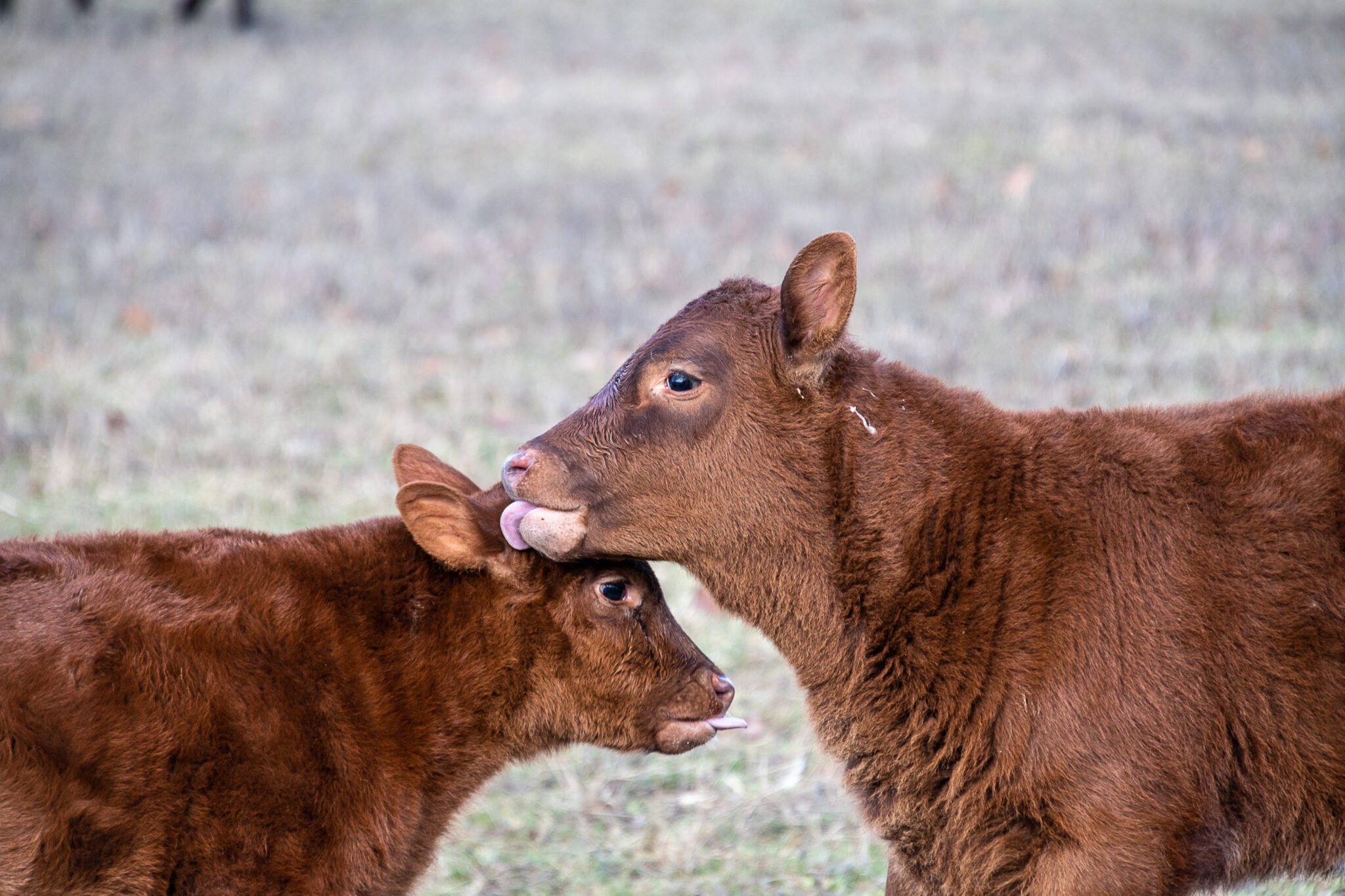
Sweet Bessie Lou Surprises Stratford with a Heifer Calf
September 3, 2011Published in The Delaware Gazette: August 6, 2011
The weather was kind last Saturday evening when Stratford Ecological Center on Liberty Road hosted a dinner and dance on the front lawn to raise funds for the children’s programs. Tickets sold out quickly and the support by guests from all over Ohio was gratifying. As the animals looked on, couples took horse‐drawn carriage rides between the corn and hay fields to the pond and back, and luminaries lit a trail deep into the woods. It was indeed an enchanting evening.
Volunteers came out of the woodwork to make sure Stratford looked its best. They weeded the children’s garden, the butterfly strip, the herb garden and ornamental grass bed, and even endured an attack of poison ivy from a rogue in the driveway bed. Others helped set up and prepared mountains of wholesome food from scratch. As Louise Warner, Stratford’s founder, commented during the dinner, we are a village and we prove it over and over again.
A group, led by Chris Byerly, operations manager, worked all week in the heat to lay a new and extended walkway of recycled wood outside the education building. The wide extension, under the roof overhang, proved to be an excellent starlit dance floor. We plan to adopt this space as our front porch, complete with rocking chairs, and we can only hope someone will get up to do the chores.
For the first time in twenty years the west half of the north pasture has been plowed and planted with corn. For many farmers and their families, who have had fields in permanent grass for many years, it comes as a shock to see the change in the landscape. Fortunately, it can be returned to grass, but there comes a time when the health of the field, and the stock that graze it, necessitate turning under the sod and a change of cropping.
Jeff Dickinson, Stratford’s farmer, thought he’d succeeded in making his best planting ever of corn. He hoped to reap the benefit of years of manure from the animals improving the fertility of the soil. He likely will, especially where the big piles of farm yard manure sat, but not everywhere. Whether due to no rain for two weeks, when the corn sat in the ground and the crows had a “field day,” or the questionable performance of our second‐hand planter, the south end of the field looks unfortunately sparse. Farmer Jeff is considering a new planter.
The spelt in Field 2 is about to be combined. If the job is done slowly the machine will not clog with the ragweed. The growing season has been such that for the first time in memory, the ragweed has grown taller than the spelt. A test run verified the yield will be good, for which we are thankful, as we depend on spelt as winter animal feed.
The animals are finding the pasture more palatable due to the rain. In Field 4 the orchard grass and alfalfa have been cut twice for hay. Hay stocks are low for this time of year and we have to decide whether to take a third cutting or graze the field, as other grazing on the farm is limited. The newly planted oats in Field 6 should ensure sufficient hay. We intend to rent a no‐till drill from the Soil and Water Conservation Office to direct drill turnips and radishes in Field 7 and in the south pasture, for grazing this fall.
The mothers‐to‐be cows and bull have been moved to Field 5. They have not been allowed access to the barn and managed to survive the horse and deer flies. Their answer to the heat has been to literally climb into the big water troughs and even lie down. The troughs and water pipes were installed, at no small effort, a few years ago to provide easy access to drinking water. We have to clean out the tanks daily, much to the cows delight, because they wallow in the mud bath as another means of keeping cool. Water troughs with lids are now on the agenda.
The Tamworth pig, Roxy, gave birth to three live and one still‐born piglet over the July 4 weekend. Surprisingly low birth numbers. Farmer Jeff had observed her a month earlier breathing hard and being agitated and he wonders if something happened at that time to the rest of her litter. The three are benefiting from so much milk and can no longer scoot out of a crack in the gate into the barn yard. They love to cool off under the hay in their pen. Roxy is a great mother and we have no worries about her maternal skills. She’ll be bred again in mid fall and hopefully her third litter will be the charm.
Canning classes continue in August, as well as a soap making class using vegetable oils, on August 27. Details can be found in our 2011 Program Calendar at the Center or on our web site. If you have never visited Stratford I hope you will try to come out and see for yourself the beauty of this educational center, and if you are familiar with it please come back soon and enjoy it again.
“Farm Connection” is a monthly article connecting city folk to life on the Stratford Ecological Center farm. It is published on the first Saturday of the month on the farm and garden page of The Delaware Gazette


